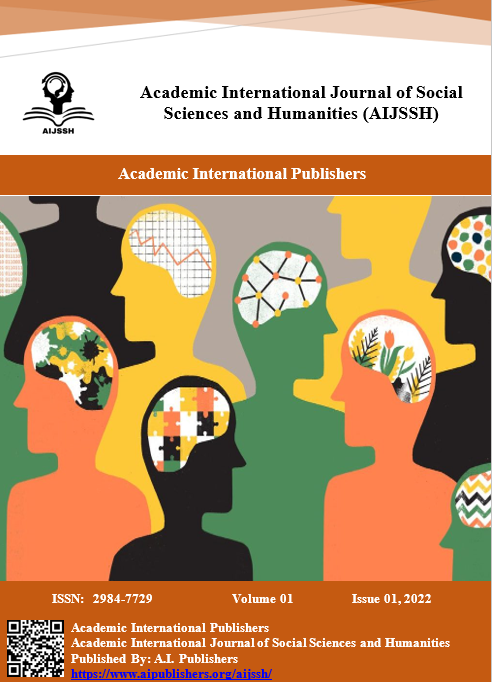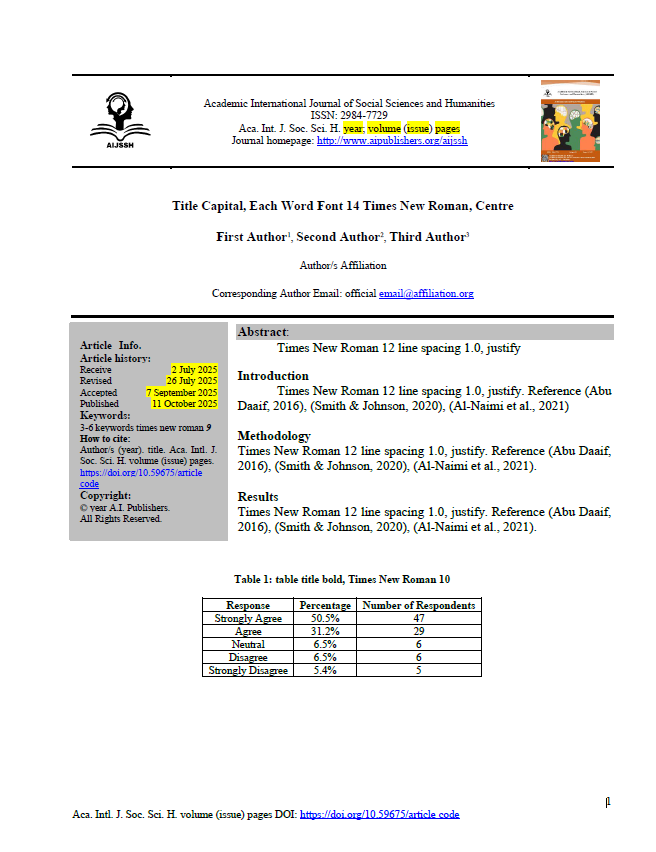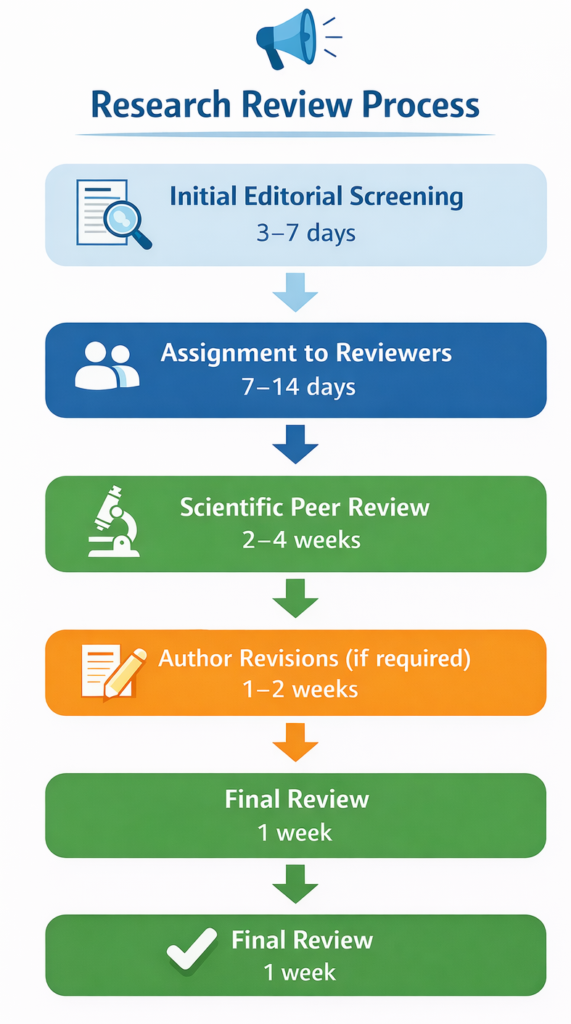Theory of Relevance
DOI:
https://doi.org/10.59675/S117Keywords:
Theory of relevance, Cognitive impact, communication, inferential approach.Abstract
The theory of relevance has emerged as a cognitive approach to pragmatics, and this is based on two basic principles. Human Cognition and Communicative Principle. Human cognition tends to the optimization of relevance while the core concept of cognition is geared towards an understanding of messages by explicating contents in them with the objective of providing the most suitable utterness. The communicative principle refers to human utterances creating intentions of optimum relevance. Any act of ostensive communication (Behavioral characteristic that communicates the intention to communicate) communicates the presumption of its own optimal relevance. This theory of relevance has added up several crucial theoretical concepts such as explicate, echoic uses of language, the strength of communicated assumptions and distinctions such as decoding versus inference, explicate versus implicature, conceptual versus procedural meaning, interpretive versus descriptive uses of language, saying versus implicating) and so forth which is within the definition of natural language. This is a good move from conventional studies of Gricean and neo-Gricean theories of pragmatics confined to the cognitive framework.
References
Bezuidenhout, A. (1997) “Pragmatics, Semantic Underdetermination and the Referential/
Attributive Distinction,” Mind 106: 375-409.
Al-Badri, Layla. The media's role in transmitting cultural dialogue. Aca. Int. J. Soc. Sci. H. 2023;1(1):01-05.
Sperber, Dan and Deirdre Wilson (1987). ‘Précis of relevance: communication and cognition’. Behavioral and Brain Sciences 10: 697–754.
Cappelen, H. and Lepore, E. (2005) Insensitive Semantics: A Defense of Semantic
Minimalism and Speech Act Pluralism, Oxford: Blackwell.
Wilson, Deirdre (1999). ‘Relevance and relevance theory’. In R. Wilson andF. Keil (eds), MIT Encyclopaedia of the Cognitive Sciences. Cambridge, MA: MIT Press. 719–22.
Carston, R. (2009) “The Explicit/Implicit Distinction in Pragmatics and the Limits of Explicit
Communication,” International Review of Pragmatics 1 (1): 35-62.
Donnellan, K. (1966) “Reference and Definite Descriptions,” Philosophical Review 75: 281-304
Dan Sperber and Deirdre Wilson (1986), Relitude: Communication and Cognition. Oxford University Press,
Sandrine Zufferey, (2010) Lexical Reasonability and Theory of Mind: Gaining Connections. John Benjamins,
Downloads
Published
Issue
Section
License
Copyright (c) 2023 Academic International Journal of Social Sciences and Humanities

This work is licensed under a Creative Commons Attribution 4.0 International License.






